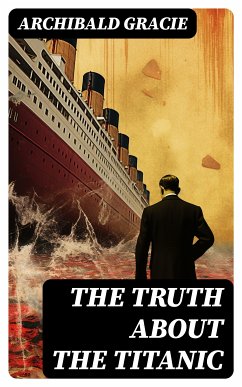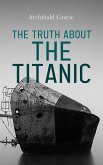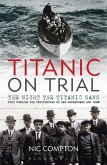In "The Truth About the Titanic," Archibald Gracie presents a compelling firsthand account of the tragic sinking of the RMS Titanic, drawing from his own experiences as a survivor. Through meticulous narrative detail and a gripping style, Gracie intertwines personal reflections with a broader critique of the events leading up to the disaster. This work not only chronicles the harrowing night of April 15, 1912, but also delves into the social dynamics and technological hubris of the early 20th century that contributed to the tragedy. Richly descriptive, Gracie's prose captures the human emotions under duress, providing a unique glimpse into both individual bravery and collective failings in the face of catastrophe. Archibald Gracie was a prominent New York City businessman and a notable figure in society, whose own close brushes with death would deeply influence his perspective on human resilience and folly. Gracie's experiences and relationships with other passengers lend a personal urgency to his account, illuminating not just the physical perils faced aboard the ill-fated ship, but also the psychological turmoil that followed the disaster. Gracie's position as both an optimistic traveler and a victim of circumstance enriches his narrative with authenticity. Highly recommended for both enthusiasts of maritime history and literary scholars alike, "The Truth About the Titanic" is an indispensable primary source that offers insightful commentary on a pivotal moment in modern history. Readers will find themselves drawn into the gripping reality of survival and the moral quandaries faced by those who lived through one of the most infamous maritime disasters.
Dieser Download kann aus rechtlichen Gründen nur mit Rechnungsadresse in A, B, BG, CY, CZ, D, DK, EW, E, FIN, F, GR, H, IRL, I, LT, L, LR, M, NL, PL, P, R, S, SLO, SK ausgeliefert werden.









